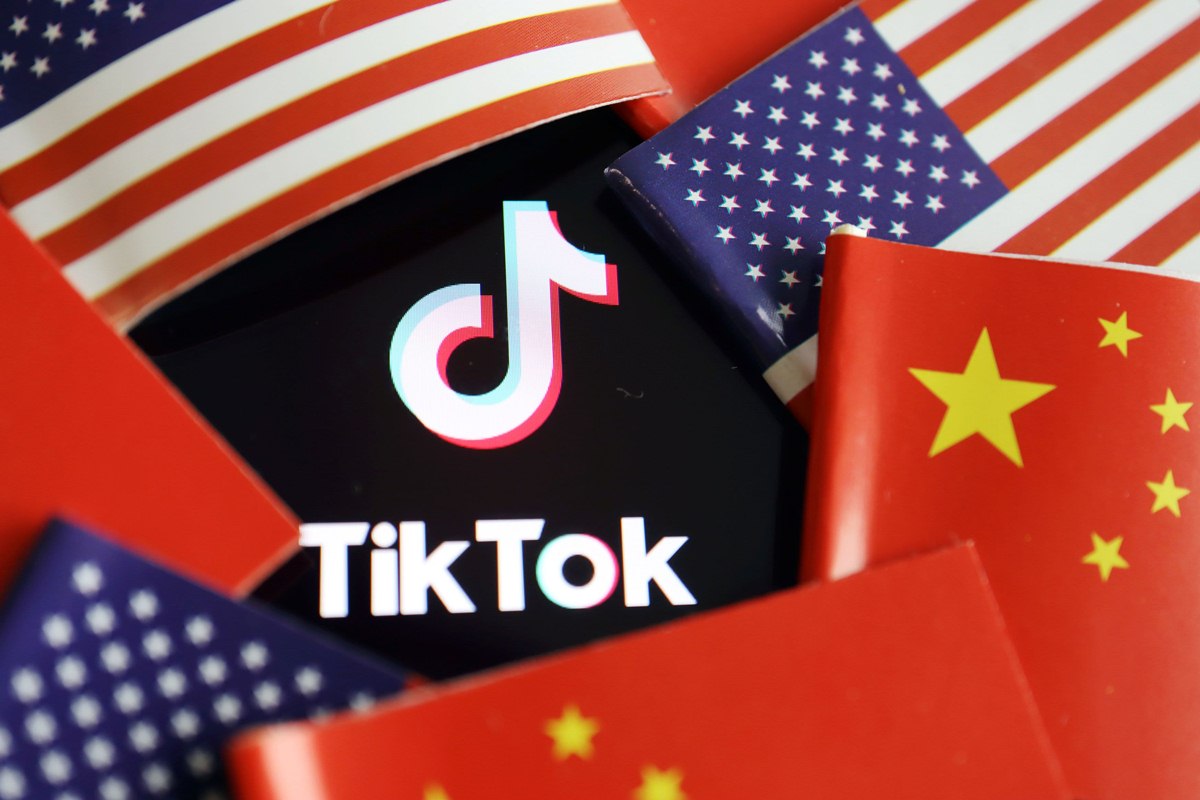In the United States, TikTok is used by more than 100 million users: the results of the global success achieved thanks to the platform’s ability to promote and achieve viral and instant successes.
Thanks to this feature, the app is among the best known, talked about, and shared apps on the web, though Various concerns have arisen about user privacy and security: a sensitive and controversial issue often associated with TikTok. An increasingly urgent concern has recently prompted the US government to take drastic action.

United States vs. TikTok
Republicans and Democrats have long targeted TikTok, and this is nothing new, and the main reason lies in the identity of the company that runs the platform: The app actually belongs to the Chinese tech giant ByteDance, which is based in Beijing. Many, especially Americans, fear that the Chinese Communist Party is using the app to spy on its users, using the app’s algorithm to amplify narratives to benefit China and its government.
The possibility of banning TikTok entirely in the US has also surfaced recently, thanks to a law introduced earlier this month by Senator Marco Rubio, which targets “TikTok controlled by Beijing is permanently banned.” A rather extreme legislative proposal that seems to continue the path followed by the previous administration: during Trump’s bizarre and controversial presidency, they banned US companies from doing business with TikTok’s parent company, the aforementioned ByteDance.
Then Joe Biden rescinded the order in June 2021, prompting the new president to make a choice Continuous and detailed monitoring by the US Commission In connection with foreign investment (CFIUS). TikTok spokeswoman Brooke Oberwetter said the CFIUS deal (although it’s still under review) “will meaningfully address all of the safety concerns that have been raised at the federal and state levels.”
New laws to restrict the Chinese platform
Although ByteDance denies that the app can be used for such purposes, national security experts usually say so If asked Chinese companies would be forced to give unlimited access to the authoritarian regime in ChinaFreedom to scrutinize all information collected by these companies.
In the United States, the White House, the Pentagon, the Department of Homeland Security and the Department of State They have already banned employees from using TikTok on their smartphonesbut a new law has extended this ban to other government figures, and more than a dozen states have issued similar bans on devices that have been issued by state governments.

the There is no TikTok on the Governmental Organs Act, embodied in a massive 4,155-page bill, which was unanimously approved by the Senate in mid-December. The bill also makes several exceptions affecting elected officials, congressional staff, law enforcement personnel and other officials.
According to the law signed into law by President Joe Biden, It would be illegal to have TikTok on any federally issued deviceThe government will have up to 60 days to set precise guidelines that will enforce the ban. Over the next two months, many government agencies will have to develop the rules that will enforce the ban.
The unstoppable rise of TikTok
Efforts to ban TikTok have intensified in recent weeks after some statements from FBI Director Christopher Wray, who once again reiterated the risks to national security: Wray highlighted again how TikTok and the Chinese government can influence American users or control their devices.

“We are disappointed that Congress decided to ban TikTok on government arrangements, a political gesture that will not advance national security interests, rather than encourage the administration to end its national security review,” Brock Oberwetter said in the wake of the latest government laws against Gen Z’s favored platform. Released in 2016, TikTok has exploded into a media landscape. Social networking by giving users the ability to create short videos that can be up to three minutes long.
It has become a benchmark for entertainment content, In 2021, it was the most downloaded app in the worldMoreover, there are many companies that have decided to take advantage of the application to educate their audience or promote commercial offers. We still don’t know what the consequences of these restrictions will be, but it’s hard to think that they will be able to counteract the staggering rise of Chinese enforcement, unless more comprehensive and stricter bans are implemented.


